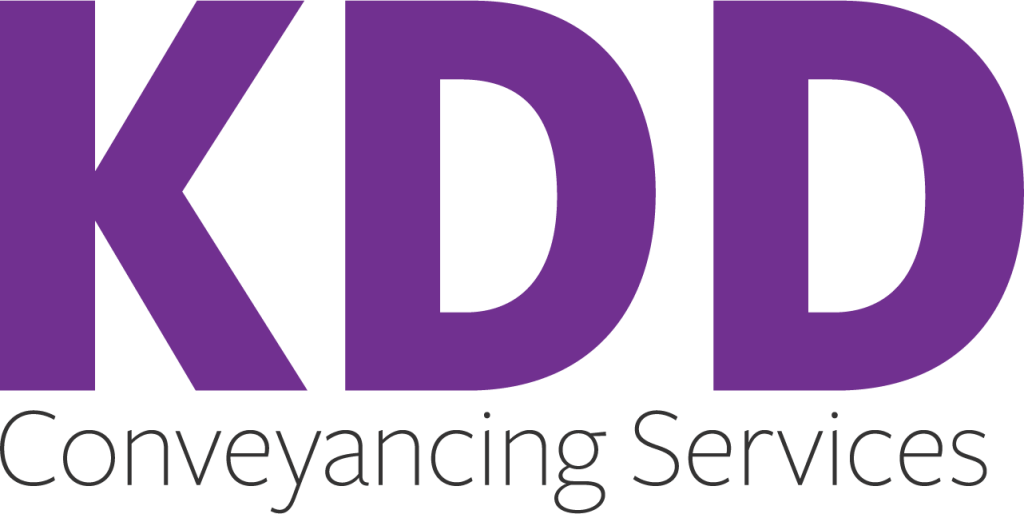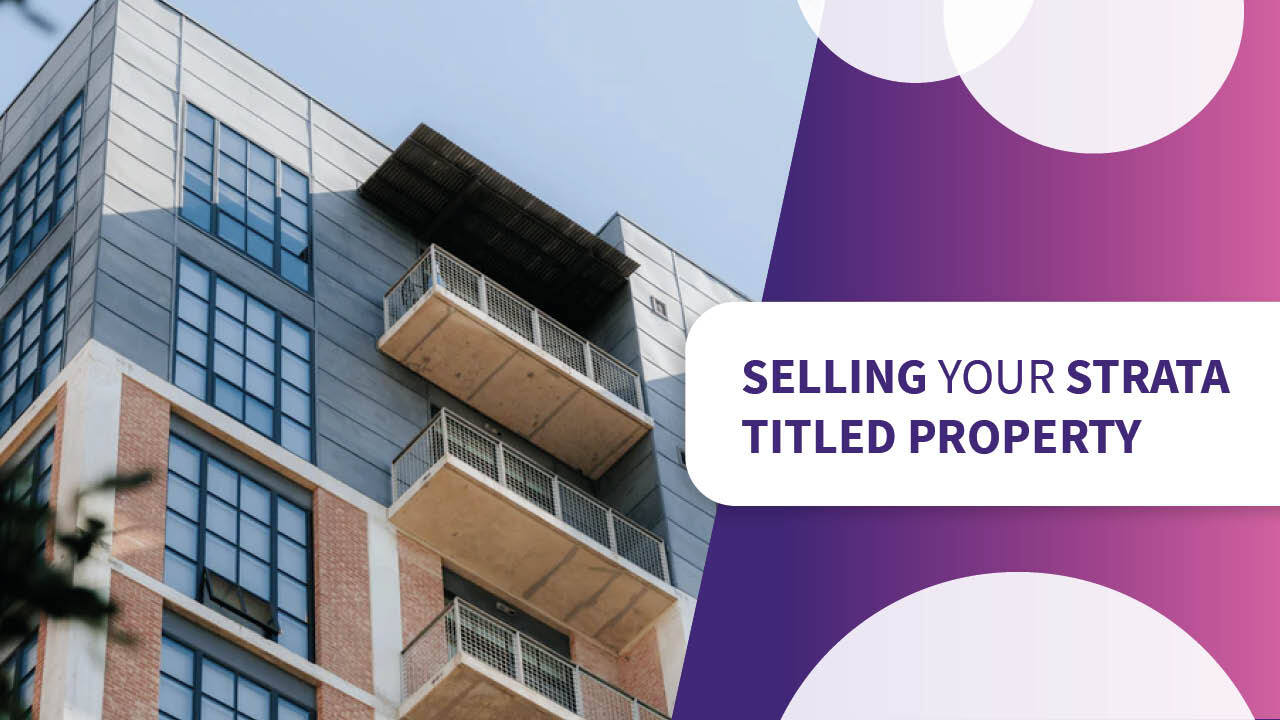Buying Your Strata Titled Property

Further to our previous blog post which provides definitions on strata terminology and tips on selling a strata titled property, here’s what to look out for from the buyer’s viewpoint.
Are you in the process of buying your first strata unit?
You love the convenient location, gated safety, view from the balcony, and the fact that there’s less to clean and maintain. There’s a great gym, pool, games room, and BBQ facilities, and your own parking space … everything you ever wanted … but STOP.
Before you buy, be fully armed with information on everything you need to know as a strata titled property unit owner. This also gives you a general feel for how well the strata is managed, and what type of people you will be involved with.
Full disclosure on strata properties
As a buyer, make sure you get all this information from the seller before signing the contract. The seller would have collated the documents below from the strata manager at the time of listing the property for sale, and provided a copy to the real estate agent (REA).
- A copy of the full Strata titled property plan including Unit Entitlement.
- Minutes of the most recent AGM and any subsequent EGMs.
- Most recent statement of account for the strata company.
- Any information about termination proposals that have been put to the strata.
- The amount and due date(s) of any determined strata levies.
- Details of any debt the seller has to the strata company.
- Copies of any exclusive use by-laws or Management Statements.
You may also like to ask for additional minutes from earlier AGMs before signing the contract as this could uncover any issues like potentially expensive upcoming maintenance.
Strata bylaws
Living in a strata titled property may not be as flexible as living in a freehold property because of bylaws, which define what you can or cannot do under a strata scheme. Bylaws may dictate whether you can keep a pet, what restrictions there are on noise levels, and where you can store bulky items like boats and caravans.
Strata insurance
As a strata titled property owner, your insurance needs are different from freehold property owners as there is likely to be joint building insurance, which covers the external walls, roofs, driveways at a minimum up to the entire property complex.
As a unit owner you will need to get separate building insurance for what is not covered in the joint building insurance, as well as your own contents insurance. Your conveyancer can help you look at the fine print and determine what the joint strata insurance covers.
Common property
With a strata titled property, you are buying into two types of ownership – full ownership of your unit, and part ownership as ‘tenants-in-common’ of what is called common property. Common property is collectively owned by all the individual unit or lot owners, but managed by the strata company.
The bigger and more luxurious the whole building complex is, the higher the value of common property, as it may cover amenities like gyms, swimming pools, and function areas, as well as lobbies, landscaped gardens, wiring, lifts, car parks, external walls, windows, walkways and ceilings.
Strata levies
As a strata titled property owner, you are part owner of common property, and thus need to pay strata levies, which are financial contributions for the maintenance and upkeep of common property. How much each owner pays towards this expense depends on the unit entitlement of their lot, which is outlined in the strata plan.
Special levies
A special levy is a specific shared building expense for work on common property that is unexpected or not budgeted for. Special levies come in addition to monthly or quarterly strata fees and can sometimes run to thousands of dollars.
Special levies are brought up during general meetings held by the strata company. This is an example of a topic for a collective decision (or ‘Resolution’) to be made by voting at a general meeting, by the group of strata owners (or ‘body corporate’). If a resolution requires voting between sale and settlement, the seller should give the buyer the opportunity to instruct the seller how to vote.
Implications related to strata company
As a tenant in common who needs to pay part of the maintenance cost of common property, you may be at risk for hidden liabilities if the strata company requires any unexpected or un-budgeted maintenance expenses.
Many buyers don’t realise they expose themselves to huge financial risks and potentially nasty experiences if they don’t do their due diligence on the strata company to check its financial and performance history.
It’s concerning to hear that few buyers of strata properties read and understand the strata company’s financial information that is provided to them, prior to signing their Offer & Acceptance contract. This should be a key part of a potential buyer’s due diligence, so make sure you do this before buying a strata unit.
Neglecting this is akin to investing six- to seven-figure sums in an unknown or unlisted company without due diligence. This seems crazy but the equivalent of this happens every day in WA property transactions as many buyers do not conduct due diligence on the strata company.
Why it is important to review the strata company
The strata company is responsible for managing and maintaining common property shared by Lot owners, but maintenance costs are paid collectively by lot owners through strata levies.
The annual budget strata companies set aside for strata maintenance expenses span from hundreds to millions. Under new strata legislation, a 10 year maintenance plan is required for certain strata companies. The strata company should hold a reserve on top of their maintenance budget, but this has not always been enforced in older strata properties.
A proper review of strata company documents allows buyers to understand the strata company’s financial stability and whether it is capable of managing and upkeeping common strata assets.
Some strata companies may bring some costly yet very real scenarios which make strata owners liable for unexpected maintenance costs on top of regular strata fees. The unit you purchase may be structurally sound and perfect, but there may arise unexpected contributions needed from strata unit owners to, for example:
- repair cracks in an external lobby wall,
- correct structural defects in construction after the builder has declared bankruptcy, or
- pay maintenance bills when the strata company runs out of reserve funds.
Buyer, be informed
In summary, you can make the best buying decision to get the most enjoyment out of your strata unit, and minimise nasty surprises, when you are fully informed of what is going on, and what to expect.
A robust ‘Offer to Purchase’ contract for strata units should include a clause covering strata company due diligence, which allows the buyer to scrutinise the strata company records held by the strata manager. If the buyer finds anything unacceptable in those records, they have a choice to withdraw from the contract and walk away.
To make a well-informed decision before buying, also note the following:
- Know the types of strata property to fully understand what you can or cannot do with your property, and what potential risks or liabilities you may be exposed to.
- To know exactly what you will own, look up the strata plan and unit entitlement documents.
- To understand what your portion of strata costs are, read through the unit entitlement document and financials carefully.
- If you are buying off the plan, research and understand the requirements for additional disclosures and discuss this with your real estate agent.
Need more expertise to buy your strata titled property right?
Buying strata lots can be more complex than buying non-strata properties. Our experienced and supportive conveyancers at KDD Conveyancing would love to help you understand what to look out for so your experience is a better-informed and positive one.

